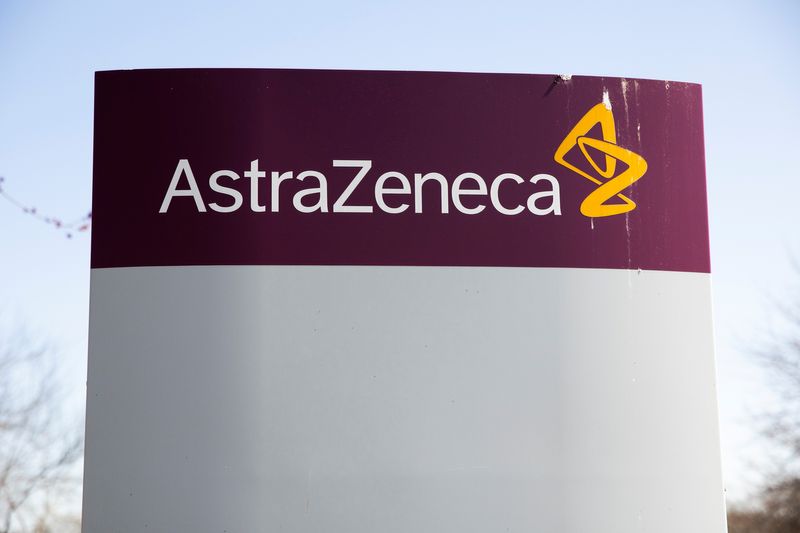Stock market today: Nasdaq closes above 23,000 for first time as tech rebounds
Investing.com -- AstraZeneca’s (ST:AZN) rare disease unit Alexion (NASDAQ:ALXN) said its experimental drug anselamimab failed to meet the main goal in a major late-stage trial for patients with a serious and rare heart condition, sending its shares down on Wednesday.
In the Phase III CARES trial, anselamimab did not show a statistically significant benefit over placebo in reducing deaths and hospitalisations due to heart issues among patients with advanced light chain (AL) amyloidosis.
The main measure of success in the trial was a combination of time to death from any cause and how often patients were hospitalised for cardiovascular reasons.
The study involved 406 newly diagnosed patients from 19 countries, including 281 with stage IIIa and 125 with stage IIIb disease, according to the European version of the Mayo 2004 staging system.
Patients were randomly assigned in a 2:1 ratio to receive either anselamimab or placebo, alongside standard treatments for the disease.
These included drugs such as cyclophosphamide, bortezomib, dexamethasone and, in about 80% of cases, daratumumab.
Despite missing the trial’s main goal, Alexion said the drug showed “highly clinically meaningful improvement” in survival and heart-related hospitalisations in a prespecified subgroup of patients. However, the company did not provide detailed results from this subgroup.
Ashutosh Wechalekar, lead investigator and professor at University College London, said the subgroup data suggest the drug may help by clearing harmful protein deposits in organs.
“While the study did not meet the primary endpoint in the overall patient population, results from a pre-defined subgroup suggest that anselamimab... may address a leading cause of organ damage and functional impairment in these patients,” he said in a statement.
Anselamimab works by targeting and clearing amyloid fibrils, abnormal protein deposits that build up in organs.
In AL amyloidosis, these misfolded light chain proteins are produced by defective plasma cells in the bone marrow.
If untreated, they can cause progressive organ failure, particularly in the heart and kidneys. Most patients die from heart-related complications.
Alexion said anselamimab was well tolerated, with side effects balanced between the treatment and placebo groups.
All patients were allowed to join an open-label extension of the trial, receiving anselamimab with standard care for up to 24 months.
